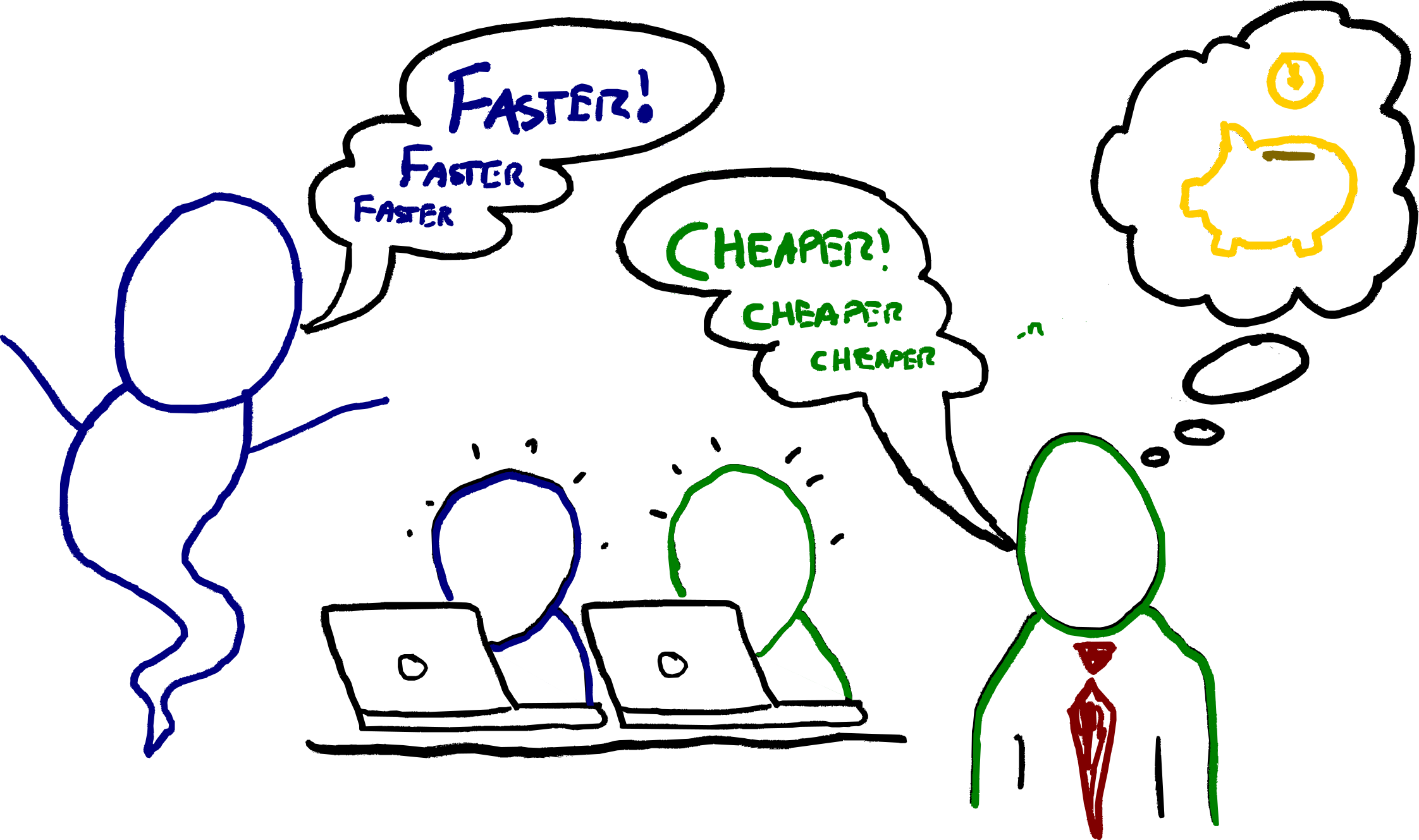
The pace of change for development teams feels higher than ever, and so XP’s tactics for helping teams embrace change are more helpful than ever.

The pace of change for development teams feels higher than ever, and so XP’s tactics for helping teams embrace change are more helpful than ever.

Don’t suffer and merely survive, aided by your noise cancelling headphones.
Optimising for individual happiness can result in less of the joy that people find in teams that achieve great things together.
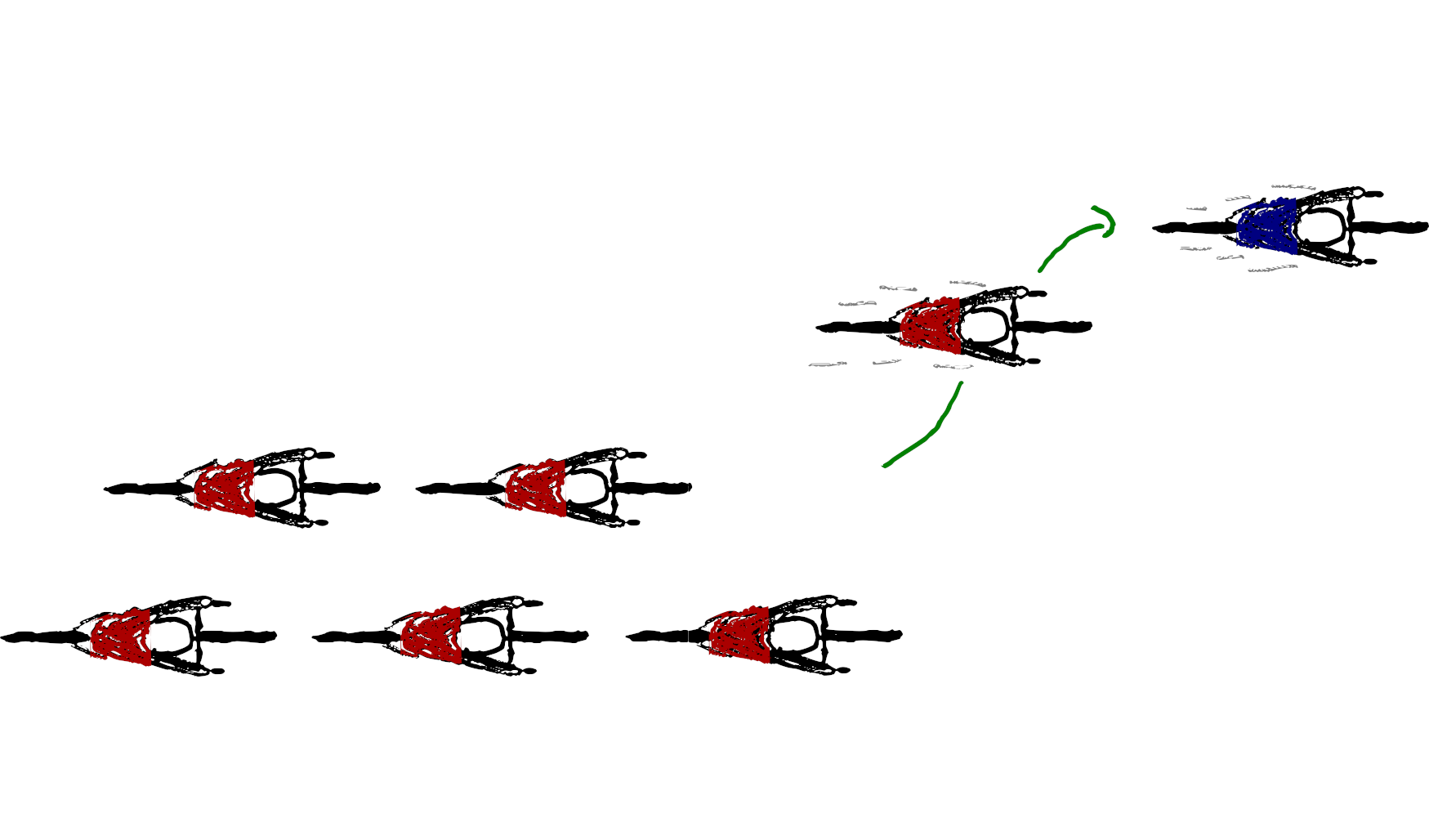
Cycling provides interesting example for software development. Like software development it’s possible to race individually or in teams. A group that’s an effective team will outperform the same group acting as individuals every time.

Efficient delivery prevents outsized outcomes—efforts to eliminate wasteful deviations from plans limit teams. At very best they’ll achieve only the outcomes they were able to foresee in advance.
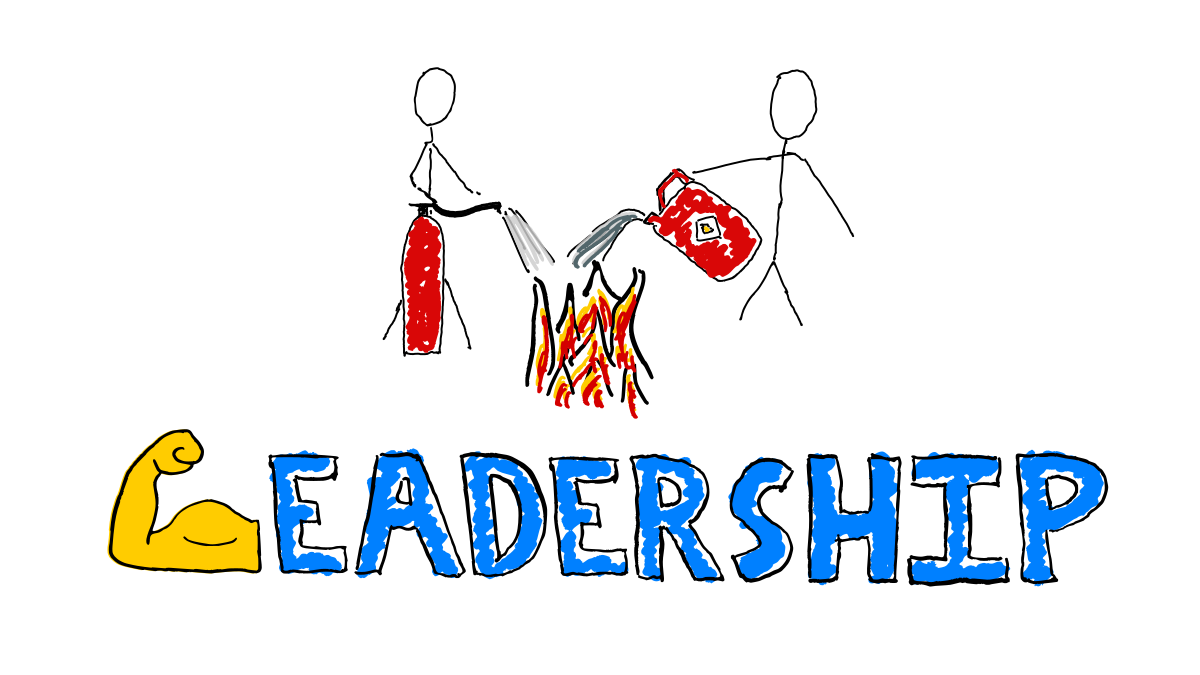
Helping a team overcome weaknesses requires an appreciation for weakness more than a show of strength. Being the strongest can even be a disadvantage.
If you stopped pouring petrol onto the fires, maybe you would not need such experienced firefighters.
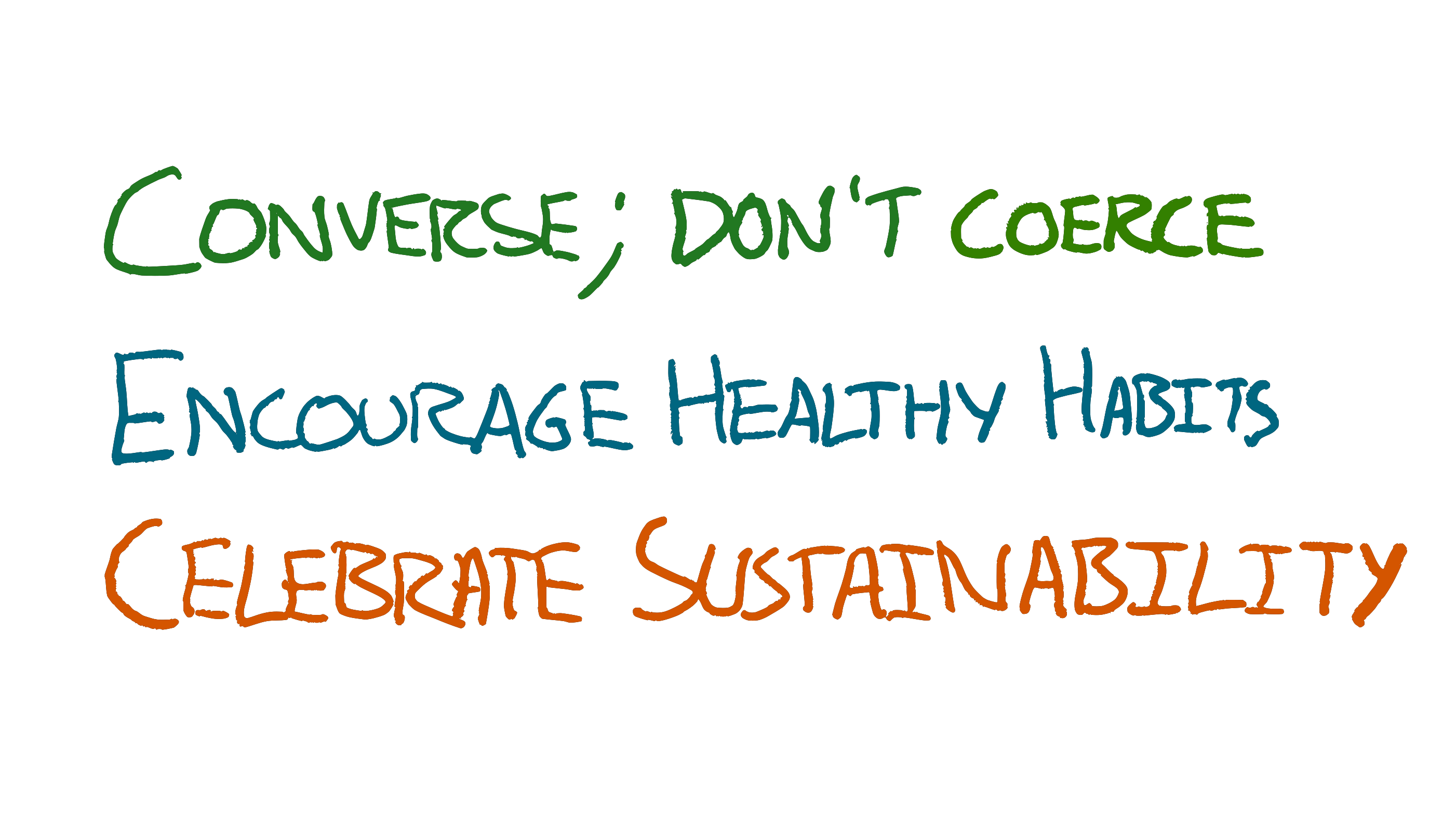
Many software teams struggle with ever growing cost of change, and technical debt that risks overwhelming them. It’s always interesting to talk with folks and understand, how the system and incentives created this state. Often I hear from software engineers that management doesn’t give them permission for (or doesn’t prioritise) work such as tidying, refactoring,… Read more »
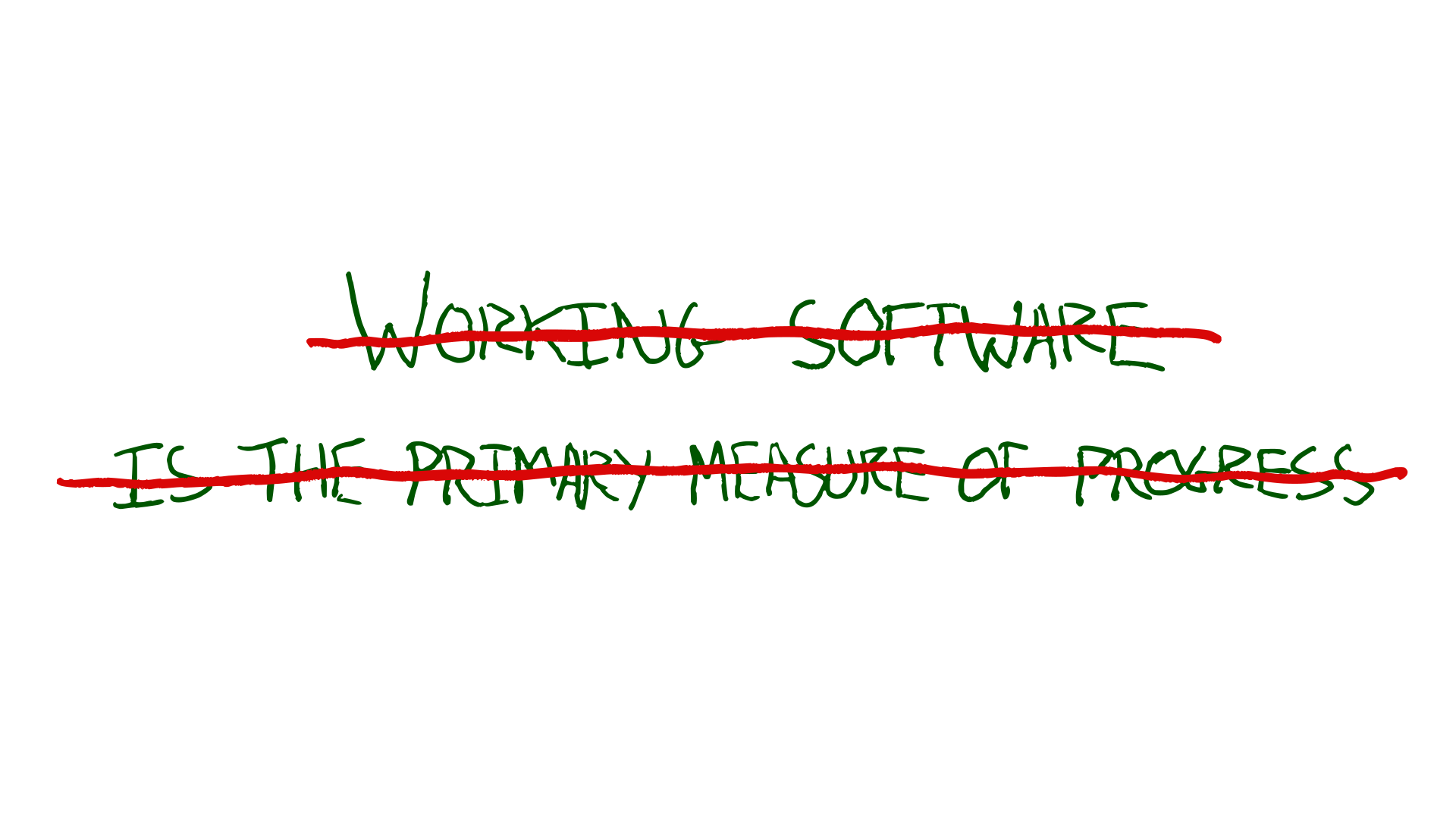
I’ve worked in and with teams who would identify as agile for many years. I’ve written about how I think the most interesting part of the agile manifesto is the “uncovering better ways” mindset. With this in mind, I’ve been pondering how the principles in the agile manifesto have aged. Where do (and don’t) I… Read more »
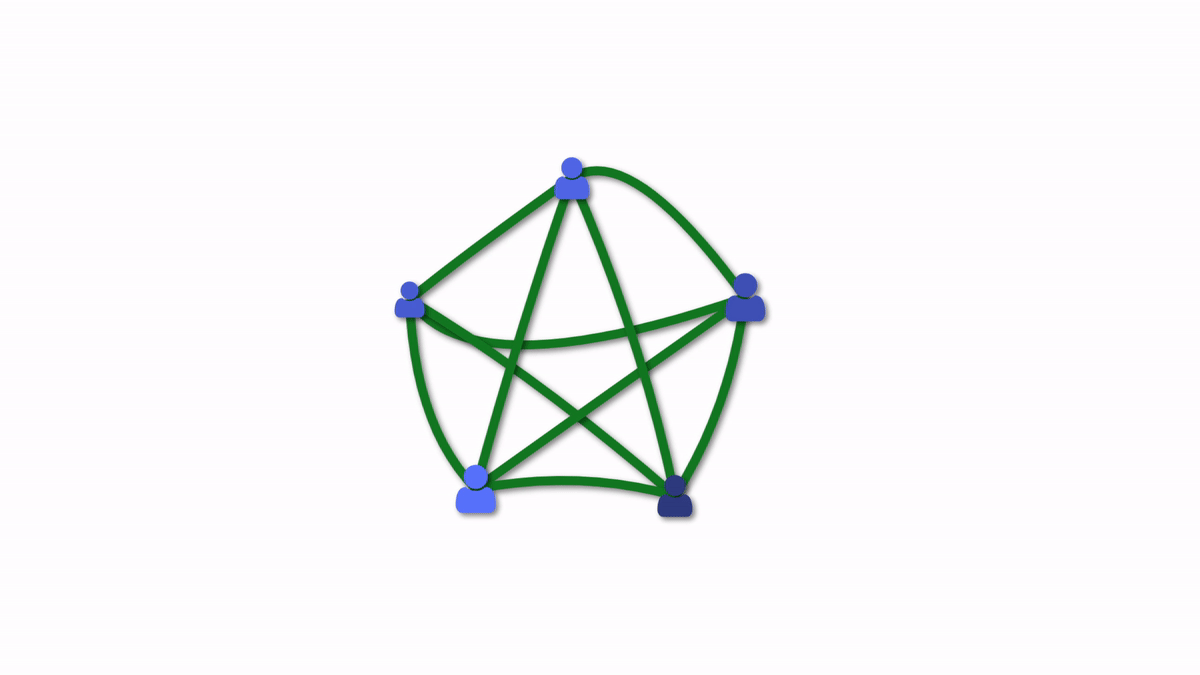
What if we could visualise the cost of attrition? Here’s a team. Someone leaves. We hire a replacement.We get lucky and manage to find someone more skilled. Looks like we’re better off? Really when someone leaves we lose all the relationships they had with the rest of the team as well. The team is a… Read more »
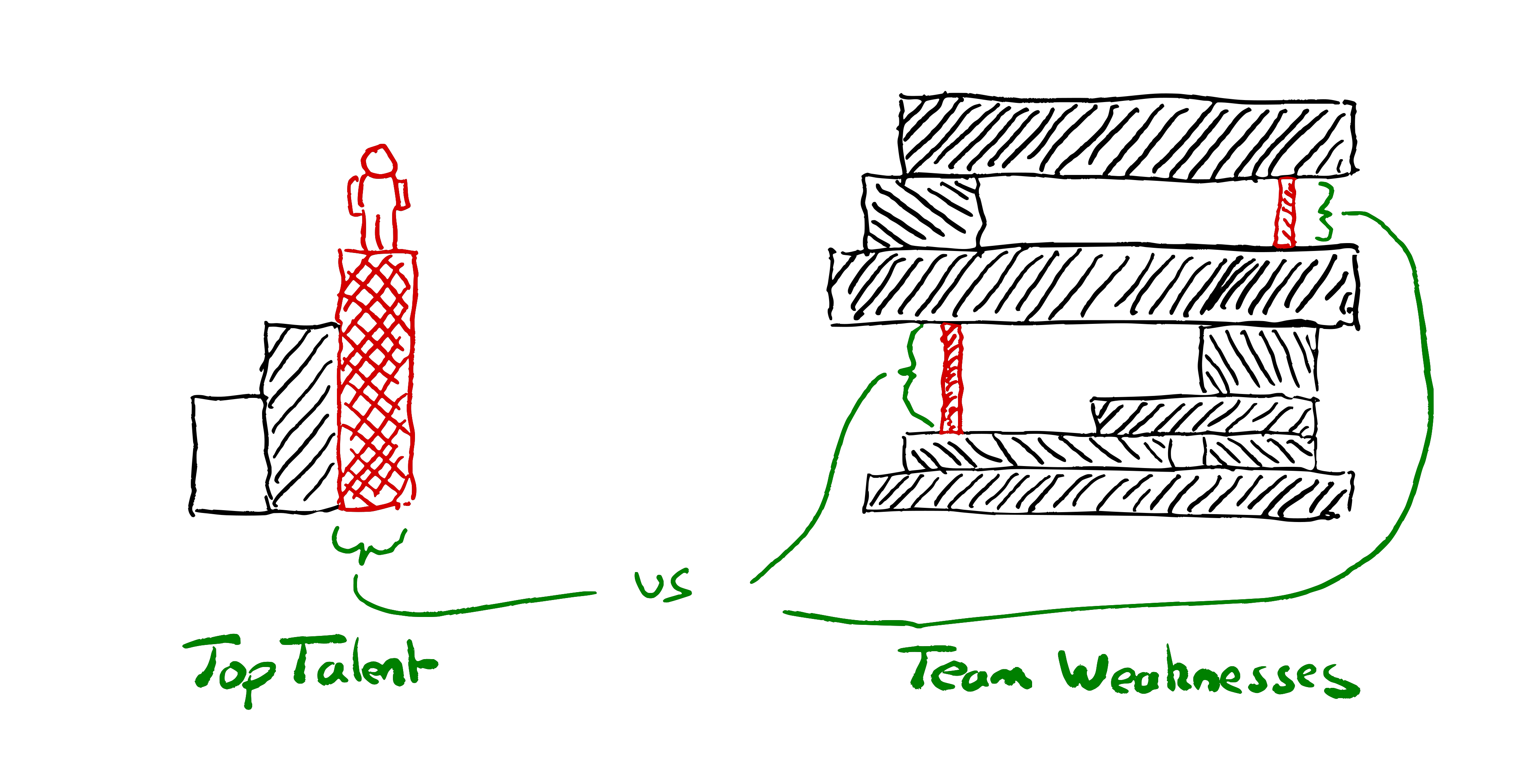
Instead of starting from “how do we hire top talent?”, start from “what are our weaknesses?” Why are you hiring? Are you hiring to do more, or are you hiring to achieve more? Design your hiring process to find the right people to strengthen your teams’ weaknesses, rather than trying to find the best people. … Read more »
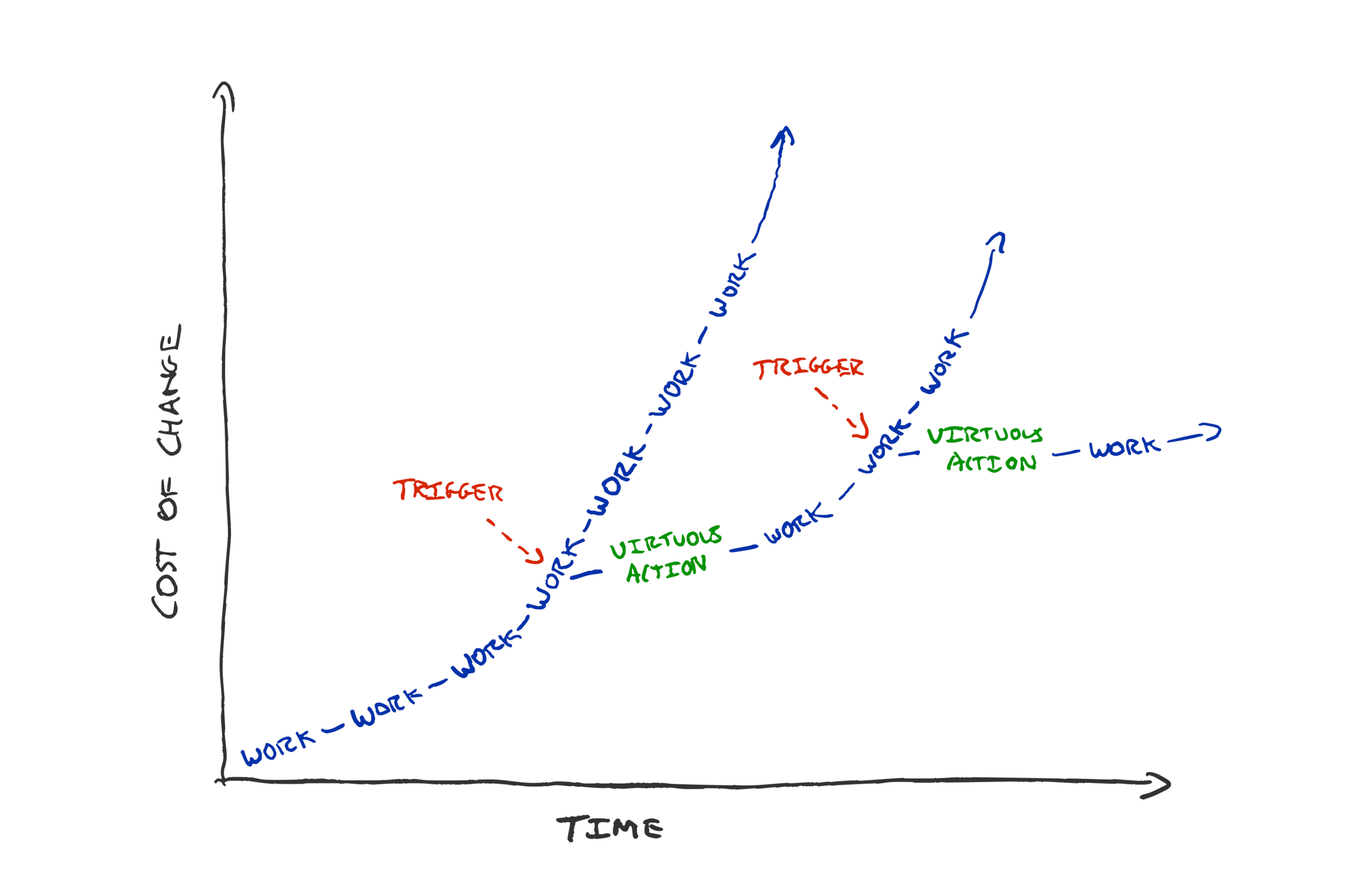
If you’re struggling with how to get to tidy code, fast feedback loops, joyful work. How to get permission, or buy-in. Try team habits. Create working agreements of the form “When we see <observable trigger>, instead of <what we currently do> we will <virtuous action>”. This is a mechanism to pre-approve the desired action. In… Read more »